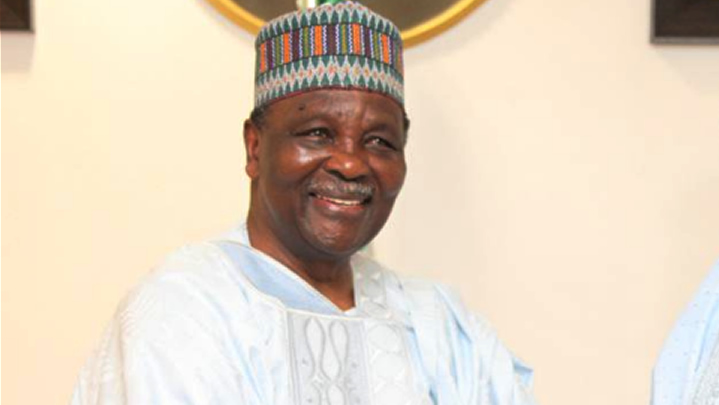The Ohanaeze Ndigbo Worldwide, reacting through the Deputy National Publicity Secretary, Ikechukwu Oji, insisted that Gowon was the one who reneged on the Aburi Peace Accord, adding that it was quite surprising that the former military head of state was attempting to rewrite history by giving a wrong account of events that happened during the time.
Oji in a telephone interview with our correspondent said the Aburi Peace Accord was signed and the specific terms and conditions were stated in a document that was available in the archive.

He blamed the war on Gowon, saying that the Aburi Accord was agreed to douse tension and stop the impending war, but the former head of state came back from Aburi and was wrongly advised by some international bodies and locals.
He said “We are quite surprised at the utterances of Gowon concerning the civil war. Gowon, who is meant to be an elder statesman appeared to be rewriting history and at his age, he should not be afraid of saying the truth.
“All the accounts stated that the Aburi Accord was agreed to douse tension and stop the impending war, that all the parties should go back to their regions and maintain the status quo ante. The agreement was signed and the specific terms and conditions are there in the document.
“Unfortunately, after Gowon got home from Ghana, he was wrongly advised by some international bodies and locals not to implement the agreement that had been signed.
“The Aburi Accord is still available in archives and other platforms. It is not an Igbo or Biafran document. It is a document that was signed in Ghana.”
Oji said assuming Gowon had said some of the things he did then that led to the civil war, he wouldn’t have done them if he was rightly counselled, just like Ojukwu said before he died.
“It would have been more honourable and statesmanlike on the part of Gowon not to come publicly and lie that Ojukwu caused the war. That was a blatant lie because that was not the case.
“Ojukwu never preempted Gowon in making any announcement nor renege on his side of the agreement, but Gowon actually went ahead to make pronouncements that were contradictory to the Aburi agreement and this was what led to the sharp disagreement,” he said.
Oji advised Gowon to concentrate on how the insecurity and killings in Benue and Plateau states would be addressed, instead of dishing out falsehood.
“Instead of Gowon to advise on how the three R’s – Reconciliation, Reconstruction and Rehabilitation – which were part of the proposal after the civil war can be implemented and how the insecurity and killings in Benue and Plateau states can be addressed, he is busy dishing out falsehoods to defend his complicity in the civil war,” he said.
Another group, the Coalition of South-East Youth Leaders, called for historical clarity on the Nigerian civil war and the role of the Aburi Accord.
In an interview, the President General of the association, Goodluck Ibem, blamed Gowon for the war, insisting that the former head of state was not statesmanlike in his utterances which attributed the escalation of the war solely to Ojukwu.
He said Gowon should acknowledge the fundamental issues of non-compliance that arose from the March 1967 peace agreement reached in Aburi, Ghana.
Ibem said, “The Aburi Accord was a crucial step toward peace and understanding between the regions of Nigeria. The negotiations and agreements made during this time were intended to foster unity and address the growing tensions in the country.
“But the failure to implement these agreements consistently by the Gowon administration was a primary factor that led to the tragic outbreak of the Nigerian civil war in 1967.
“To clarify, had General Gowon honoured the commitments outlined in the Aburi Accord, the descent into civil conflict could have potentially been avoided.
“The agreement was recognised as a pathway to peace, and its repudiation only served to exacerbate the already fragile situation, ultimately resulting in widespread suffering and loss of life.”
He, however, called on Nigerians, particularly the leaders, to engage in a thoughtful and factual discourse regarding the past with a collective responsibility to educate the present and future generations on the complexities of history, particularly the circumstances that pushed the nation to the brink of war.
“As a coalition dedicated to promoting peace and unity in the South East and across Nigeria, we emphasise the importance of understanding our history to build a more inclusive and harmonious future.
“We call on Gen Gowon and other key figures from that era to engage in meaningful dialogue—one that prioritises truth, accountability, and mutual understanding.
“Together, let us work towards a nation where our differences are celebrated and our shared humanity is acknowledged,” he said.







